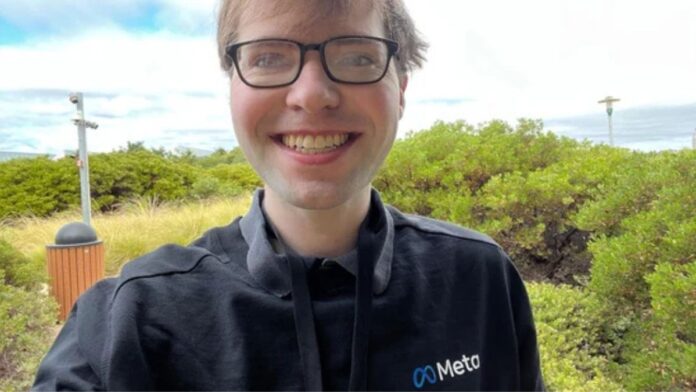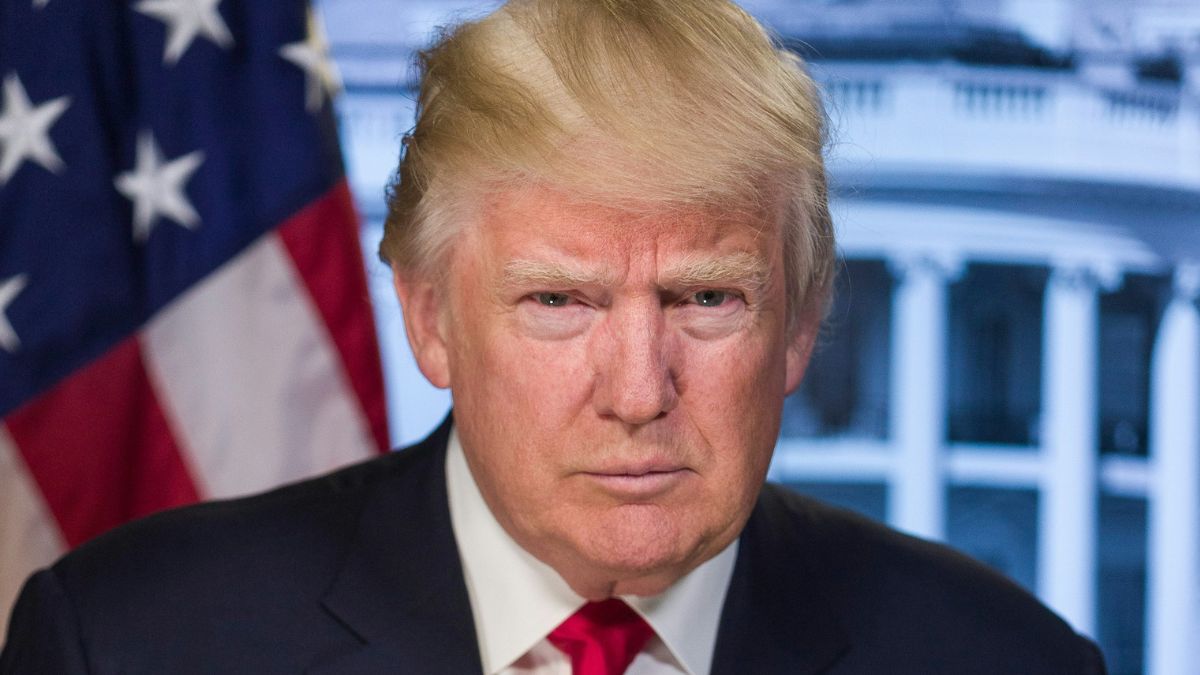In a bold move that underscores the escalating battle for artificial intelligence leadership, Meta has reportedly offered a $250 million compensation package to 24-year-old AI researcher Matt Deitke.
Deitke, who recently left his PhD program in computer science at the University of Washington, was initially approached with a $125 million, four-year offer to join Meta, according to The New York Times.
But after turning it down, Meta CEO Mark Zuckerberg personally stepped in and doubled the offer to $250 million in an effort to secure the rising star.
“When computer scientists are paid like professional athletes, we have reached the climax of the ‘Revenge of the Nerds!’” — MIT economist David Autor, via The New York Post.
Who Is Matt Deitke? From Academia to AI Innovation
After leaving academia, Matt Deitke worked at the Allen Institute for Artificial Intelligence in Seattle, where he led the development of Molmo, a next-generation chatbot capable of interpreting text, images, and audio.
In late 2023, Deitke co-founded Vercept, a startup focused on building autonomous AI agents that can operate online and execute tasks independently. Despite having just 10 employees, Vercept raised $16.5 million in funding from high-profile backers —including former Google CEO Eric Schmidt.
Deitke’s research also gained academic acclaim, he was recognized with an Outstanding Paper Award at NeurIPS 2022, one of the world’s leading AI conferences.
Meta’s $1B+ AI Talent Push — and Why Deitke Matters
Meta’s aggressive pursuit of Deitke is part of a broader $1 billion+ recruitment effort to dominate the AI space. The company recently brought on Ruoming Pang, who formerly led Apple’s AI models team, in a deal reportedly worth over $200 million.
Looking ahead, Meta plans to invest $72 billion in capital expenditures in 2025, with a heavy emphasis on building out AI infrastructure and talent.
“We’re building an elite, talent-dense team,” Zuckerberg told investors. “If you’re going to be spending hundreds of billions of dollars on compute and building out multiple gigawatt of clusters, then it really does make sense to compete super hard… There’s just an absolute premium for the best and most talented people.”


